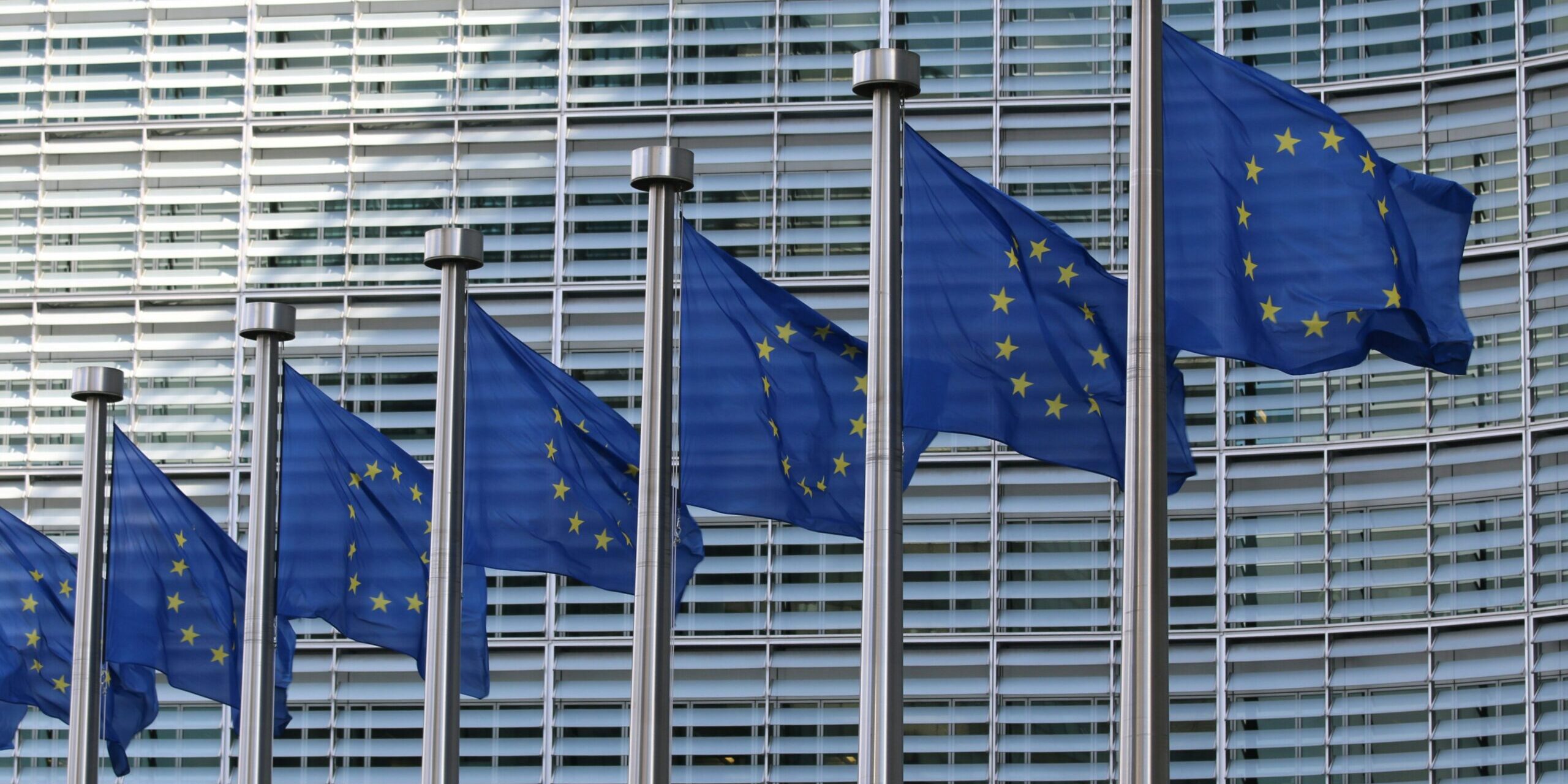On February 1, European Union member states and lawmakers achieved a consensus on implementing regulations requiring European companies to prioritize the production of essential products. This decision is aimed at preventing supply chain crises similar to those experienced during the COVID-19 pandemic.
The European Commission introduced the Single Market Emergency Instrument in response to these challenges, inspired by measures adopted by the United States and Japan. The disputes with AstraZeneca in 2021, related to COVID-19 vaccine delivery delays to the 27 EU member states, also played a role in prompting this initiative.
However, the political deal reached on Thursday included some modifications to the EU executive’s proposal due to concerns raised by businesses. These concerns centered around requirements that might compel them to breach commercial contracts and disclose corporate secrets, as reported by Reuters last week.
The agreement also strengthened the role of EU member states concerning the Commission. Under the new powers, the Commission can issue priority-rated requests to purchase critical goods or services from companies, which can choose whether or not to accept them. The Commission can also offer companies liability waivers to prioritize its orders over other contractual obligations.
Furthermore, the new rules empower EU member states to collectively procure crisis-relevant or critical goods and services. The EU executive can request data from companies regarding the stock levels of specific products, but companies have the option to refuse, provided they provide a valid explanation.
Andreas Schwab, the lawmaker leading negotiations for the European Parliament, stated, “Today, we have equipped the internal market better to face future crises.”
The new legislation establishes a three-tier alert system, activating vigilance or emergency modes when a threat arises, prompting governments to coordinate their response.







